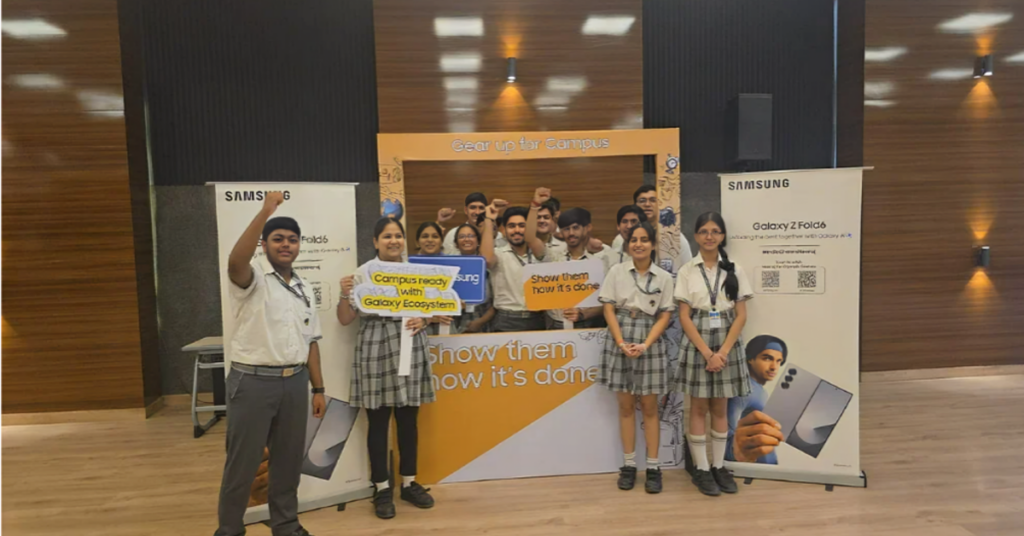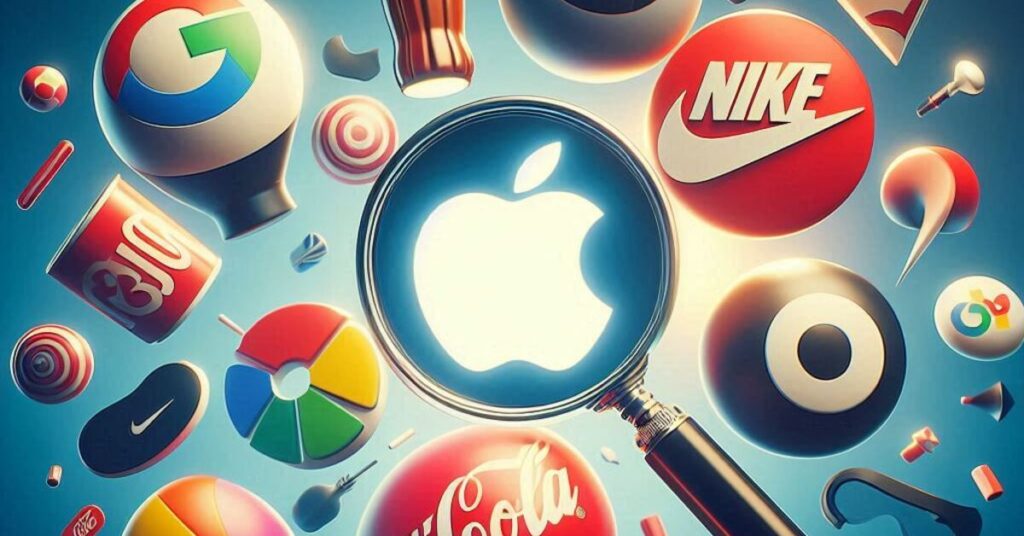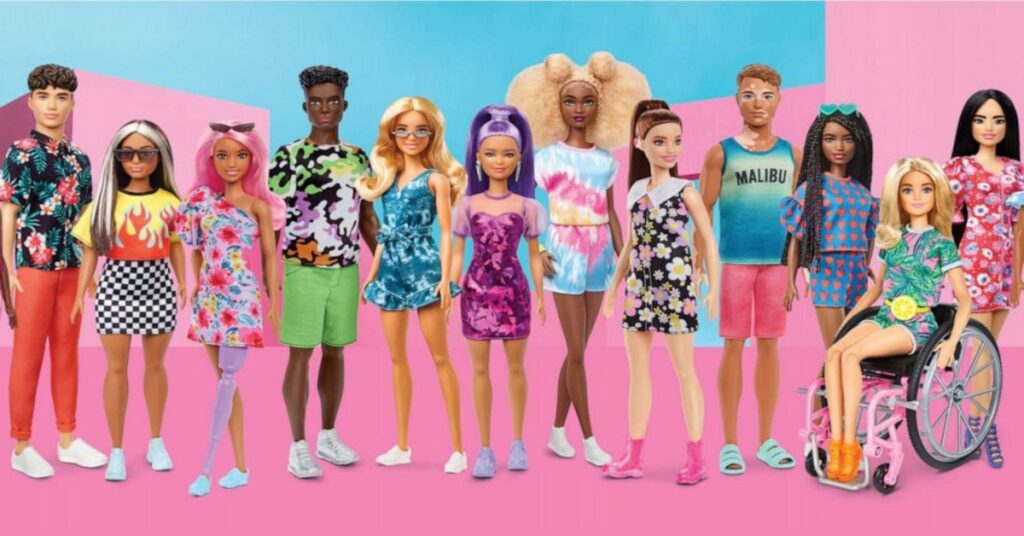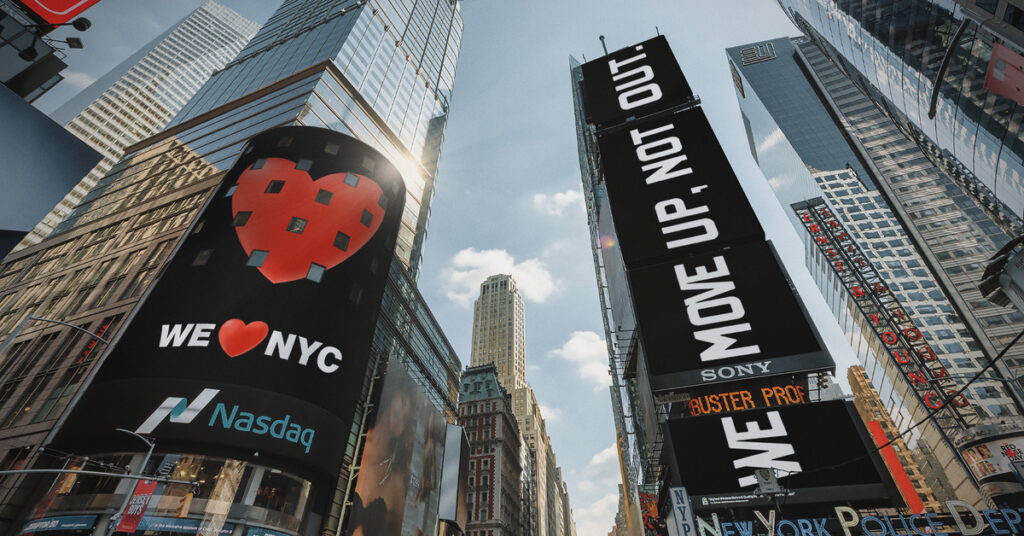In an age where public sentiment can shift with just a tweet or a trending hashtag, businesses are finding themselves navigating a treacherous landscape filled with expectations around social responsibility and cultural sensitivity. It seems like every week, there’s another brand issuing an apology for a misstep—either in advertising or public relations. But how can brands tackle this instant social media criticism, is there a strategy truly effective in winning over audiences? Let’s explore this phenomenon in greater depth.
The Age of Instant Backlash
The rise of social media has amplified the voices of consumers, making it easier than ever to call out companies for their mistakes. A decade ago, a poorly received advertisement might lead to a few negative reviews or some bad press, but today, it can lead to trending hashtags and viral outrage in the blink of an eye.
Brands like Apple and Adidas have felt the sting of public backlash firsthand. Apple’s recent apology for an ad that appeared to crush creativity was met with intense scrutiny, and there’s no question that social media played a significant role in orchestrating that criticism. Adidas faced similar heat for their ill-timed ad campaign referencing the 1972 Munich Olympic Games—a moment forever marred by tragedy. In a world where social consciousness is at an all-time high, brands are continually being held to a more stringent standard of awareness and accountability.

The Ripple Effect of Cultural Sensitivity
While some apologies stem from genuine errors, others may appear more calculated and designed to avoid the volatility of public backlash. Brands are now positioning themselves to be socially conscious, yet this pursuit has often missed the mark.
Take Dove, for example, which faced backlash in 2017 for a promo that implied a Black model transformed into a white model after using their product. Similarly, H&M’s 2018 ad campaign featuring a Black child in a hoodie with the phrase ‘Coolest Monkey in the Jungle’ brought widespread condemnation for its insensitivity. These situations highlight a critical conversation about cultural sensitivity that brands can’t afford to ignore.
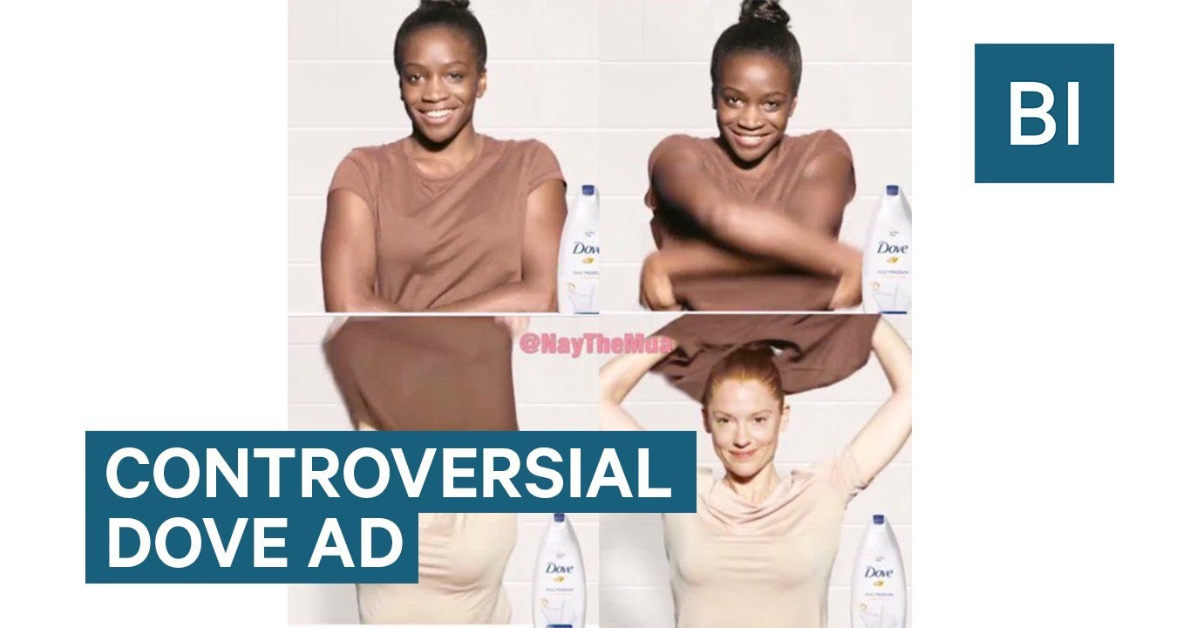
The ripple effect of controversial incidents extends far beyond a simple apology, contributing to a broader dialogue about systemic racism and inclusion. Public apologies acknowledge a brand’s mistakes and intent to improve, but consumers are growing increasingly discerning. As apologizing becomes routine, mere words are no longer sufficient; instead, consumers expect tangible actions and meaningful changes to accompany apologies, demonstrating a genuine commitment to progress and inclusivity.
Is Saying ‘Sorry’ Enough?
The increasing frequency of apologies raises the question: Is this strategy actually effective in repairing brand reputation? In some cases, yes. Apologies can serve as a means of restoration, reflecting a brand’s willingness to acknowledge its faults and learn from them. But a simple apology must be backed up with actionable steps to demonstrate genuine commitment and change.
Following their controversial ads, both H&M and Dove launched initiatives to enhance diversity in their marketing teams and seek inclusive representations in their campaigns. However, skepticism remains from consumers who argue that apologies should result in long-term change rather than a mere PR fix.
Additionally, the public has responded favorably to brands that have taken these concerns seriously. Brands like Ben & Jerry’s and Patagonia have established themselves as champions for social justice, demonstrating that commitment extends beyond mere proclamations of innocence. By proactively advocating for change, these companies are reshaping their identities and building stronger connections with their audiences.
The Fine Line of Corporate Accountability
As the number of apologies continues to rise, brands must tread carefully to strike the right balance between accountability and authenticity. In an industry where corporate social responsibility is non-negotiable, brands can adopt a more proactive approach to avoid missteps. This involves not just crafting campaigns with thoughtfulness but embedding cultural sensitivity into their core values.
Moreover, the future of brand apologies may ultimately hinge on the evolution of audience expectations. Consumers are increasingly demanding transparency and integrity, which means brands must engage in ongoing conversations about their impacts—both positive and negative.
The goal should not just be to avoid controversy but to foster an environment where brands act as responsible allies in culturally turbulent times.
The Big Picture
The overwhelming trend of brands issuing apologies signals a significant shift in the way companies engage with consumers. In a landscape shaped by instantaneous communication and rising expectations, saying ‘sorry’ has transcended mere politeness to become a strategic tool in maintaining brand integrity. However, a genuine apology must be coupled with meaningful commitment to change. As consumers continue to hold brands accountable, it’s evident that authenticity will reign supreme. Whether brands learn from their mistakes and genuinely strive for improvement will determine whether the apologies will be viewed as effective or just another hollow expression in a world filled with noise.
Also Read: Uber Teams Up with Cruise to Bring Self-Driving Cars to Your Next Ride
